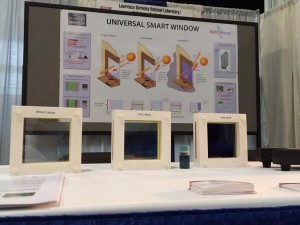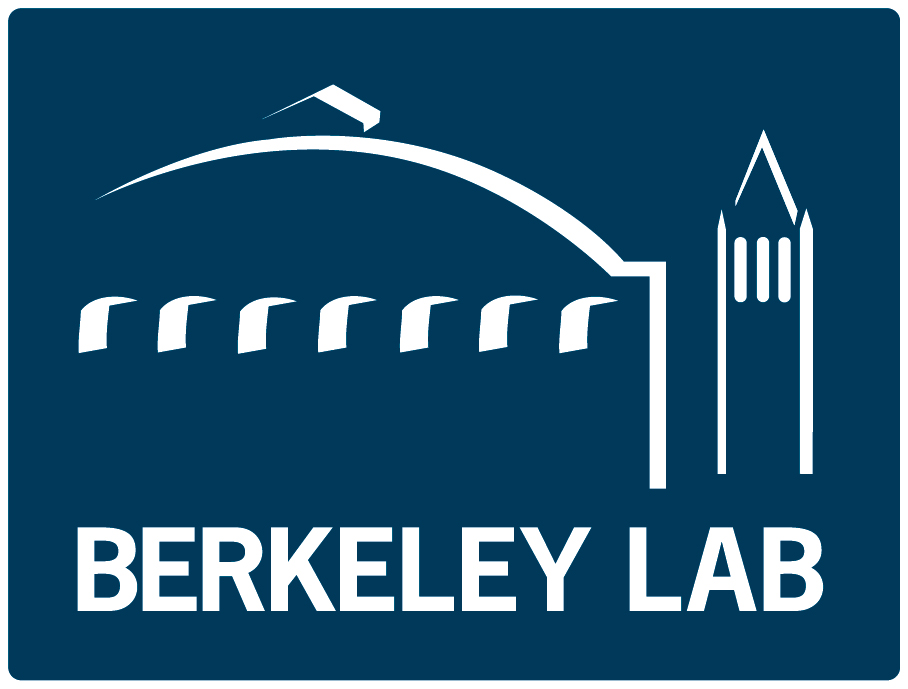
A window coating developed at Lawrence Berkeley National Laboratory (LBNL) elevates smart windows to their smartest level yet. Available coating products block sunlight and some solar heat load to reduce energy use in buildings. However, they do not block infrared light, which also adds heat to conditioned spaces.
Researchers led by Delia Milliron in LBNL’s Materials Sciences Division, with funding from DOE’s Office of Basic Energy Sciences, identified a nanocomposite material that could block the sun’s heat, including near-infrared solar radiation, without blocking visible light. Next, the team developed an electrochemical window glass coating that selectively blocks solar radiation when materials are electronically charged or discharged. The glass operates in three modes: bright mode, allowing both light and heat from the sun to enter through the glass; cool mode, allowing natural light while blocking the sun’s radiant heat; and dark mode, limiting both the heat and sunlight entering a space. The researchers’ findings were published in Nature, and the technology won a 2013 R&D 100 Award.
A LBNL Innovation Grant supported work to fabricate and test a solid-state prototype of the coating and investigations to yield low-cost manufacturing strategies. Ultimately, members of the research team created a startup, Heliotrope, and licensed the technology. Their efforts to move the technology closer to commercialization attracted $1.2M in private funding and helped earn a $3.3M ARPA-E grant, which supported additional research using LBNL’s Molecular Foundry, a DOE user facility.
In 2015, Heliotrope was one of six energy efficiency startups selected to receive technical and business assistance to advance commercialization from the $10M Wells Fargo Innovation Incubator. Heliotrope anticipates introducing its product to the $30B commercial flat glass market in 2017.
